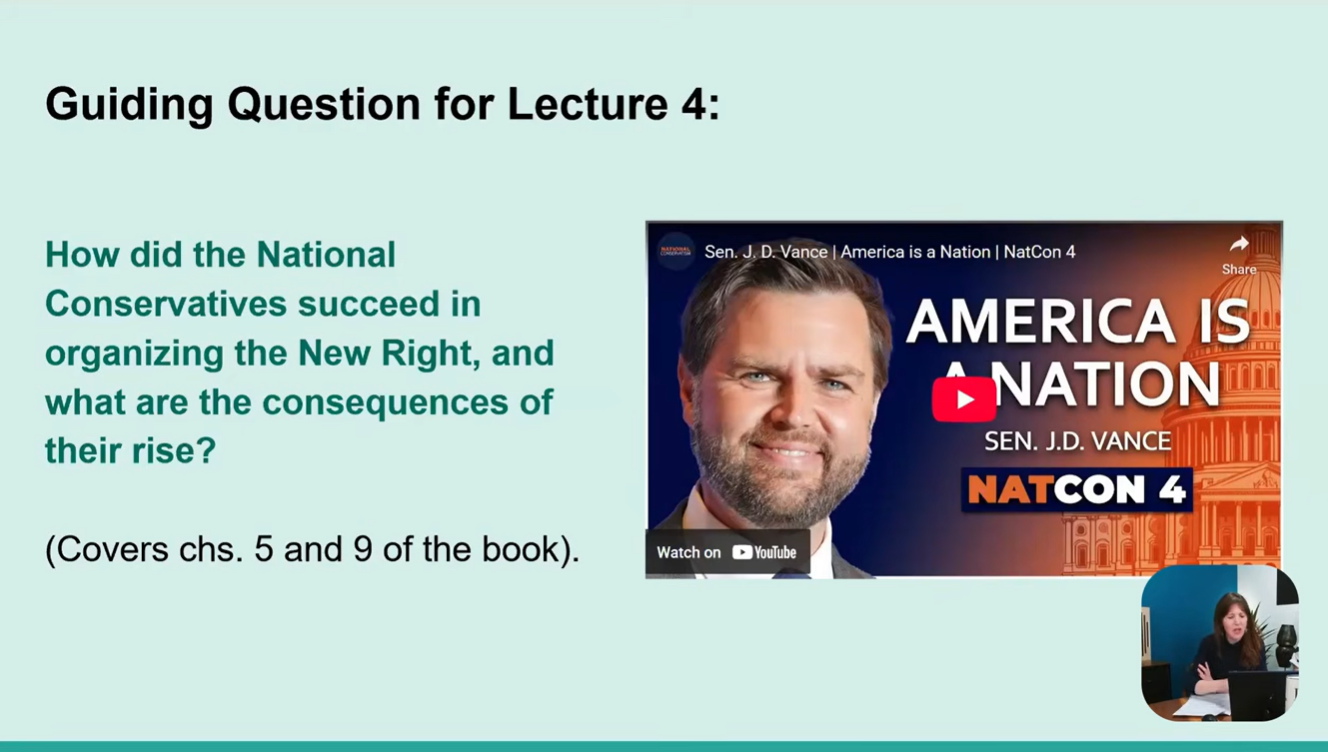The Week that Was: All of Lawfare in One Post
Your weekly summary of everything on the site.
This week, the Supreme Court heard oral arguments in three cases involving the validity of subpoenas issued to third parties for President Trump’s financial information—and thanks to a pandemic-induced twist, the arguments were streamed live. Jen Patja Howell shared an episode of the Lawfare Podcast in which Benjamin Wittes, Steve Vladeck, Quinta Jurecic and Margaret Taylor analyzed the arguments:
Charlotte Butash and Hilary Hurd summarized the arguments. Butash also provided an oral argument preview for the cases.
And Vladeck and Bobby Chesney shared an episode of the National Security Law Podcast discussing this week’s SCOTUS oral arguments:
Lawfare also covered the fallout from the Justice Department’s decision last week to dismiss the charges against President Trump’s former National Security Advisor Michael Flynn, who had previously pled guilty to lying to the FBI. Patja Howell shared an episode of the Lawfare Podcast in which Wittes, Jurecic, Susan Hennessey and former U.S. attorney and senior FBI official Chuck Rosenberg discussed the Justice Department’s move:
Barbara McQuade argued that the Justice Department’s motion to dismiss the case wrongly insists that the investigation of Flynn was not properly “predicated.”
Howell shared a special live episode of Rational Security taking listeners’ questions:
She also shared a full video of the podcast:
Scott Anderson and Benjamin Wittes announced a Freedom of Information Act request to find out if members of the intelligence community feel like they are being unduly pressured by the Trump administration.
Patrick Kennelly discussed how Russia has responded to COVID-19.
Prestin Lim analyzed how, in the wake of the pandemic, the Canadian government has come under pressure to adjust its China policy.
Jordan Schneider shared an episode of ChinaTalk featuring pandemic reports from Nanjing, Nepal and Singapore:
Andrew Burt argued that as society shifts online during the pandemic, consumers and policymakers must figure out how to address the risks associated with the adoption of digital technologies.
Anderson and Taylor discussed the House’s proposal for remote voting.
Elliot Setzer shared House Democrats’ draft rule changes.
Stewart Baker shared an episode of the Cyberlaw Podcast discussing the restrictions Apple and Google have placed on their COVID-19 contact tracing API:
Chesney, Danielle Citron and Hany Farid argued that deep fakes remain a threat.
Patja Howell shared an episode of the Lawfare Podcast discussing reporting on fake news with Craig Silverman, the media editor for Buzzfeed News and one of the leading journalists covering the disinformation beat:
Paul Rosenzweig evaluated various approaches to cyber risk quantification.
Erica Borghard argued Cyber Command needs new acquisition authorities.
Justin Sherman discussed a new bill to “warn” Americans before they download certain foreign apps.
And Lester Munson shared an episode of Fault Lines discussing how the recent Cyberspace Solarium Report will impact the private sector:
Gordon Ahl shared interview transcripts from the House Permanent Select Committee on Intelligence’s investigation into Russian interference in the 2016 U.S. election.
Taylor analyzed five amendments to Foreign Intelligence Surveillance Act reform that the Senate voted on this week.
Jen Patja Howell shared an episode of the Lawfare Podcast, featuring an excerpt of Benjamin Wittes and Susan Hennessey’s book, “Unmaking the Presidency: Donald Trump’s War on the World’s Most Powerful Office”:
Sandy Alkoutami and Frederic Wehrey analyzed China’s cautious approach in Libya.
Kathleen Claussen discussed the normalization of trade security tariffs.
Dan Maurer analyzed a new expert report on potential reforms to the military justice system.
Jen Patja Howell also shared an episode of the Lawfare Podcast featuring an interview with Elizabeth Shackelford, a former foreign service officer, on her new book “The Dissent Channel”:
Durward Johnson and James Kraska argued that some synthetic biology may not be covered by the Biological Weapons Convention.
And Setzer shared a D.C. Circuit decision denying that Guantanamo detainees are guaranteed the full breadth of the Fifth Amendment’s Due Process Clause.
And that was the week that was.





